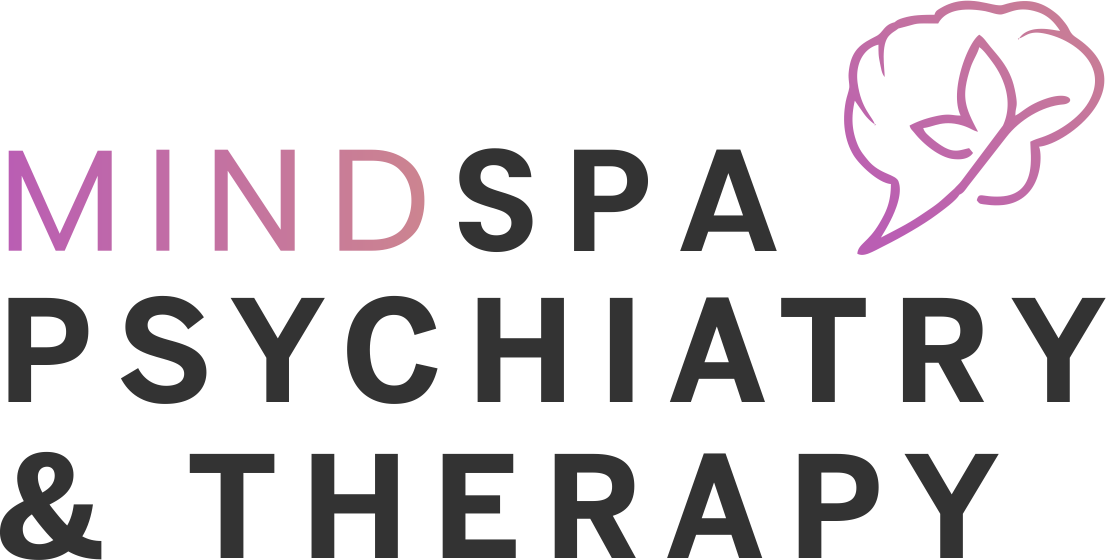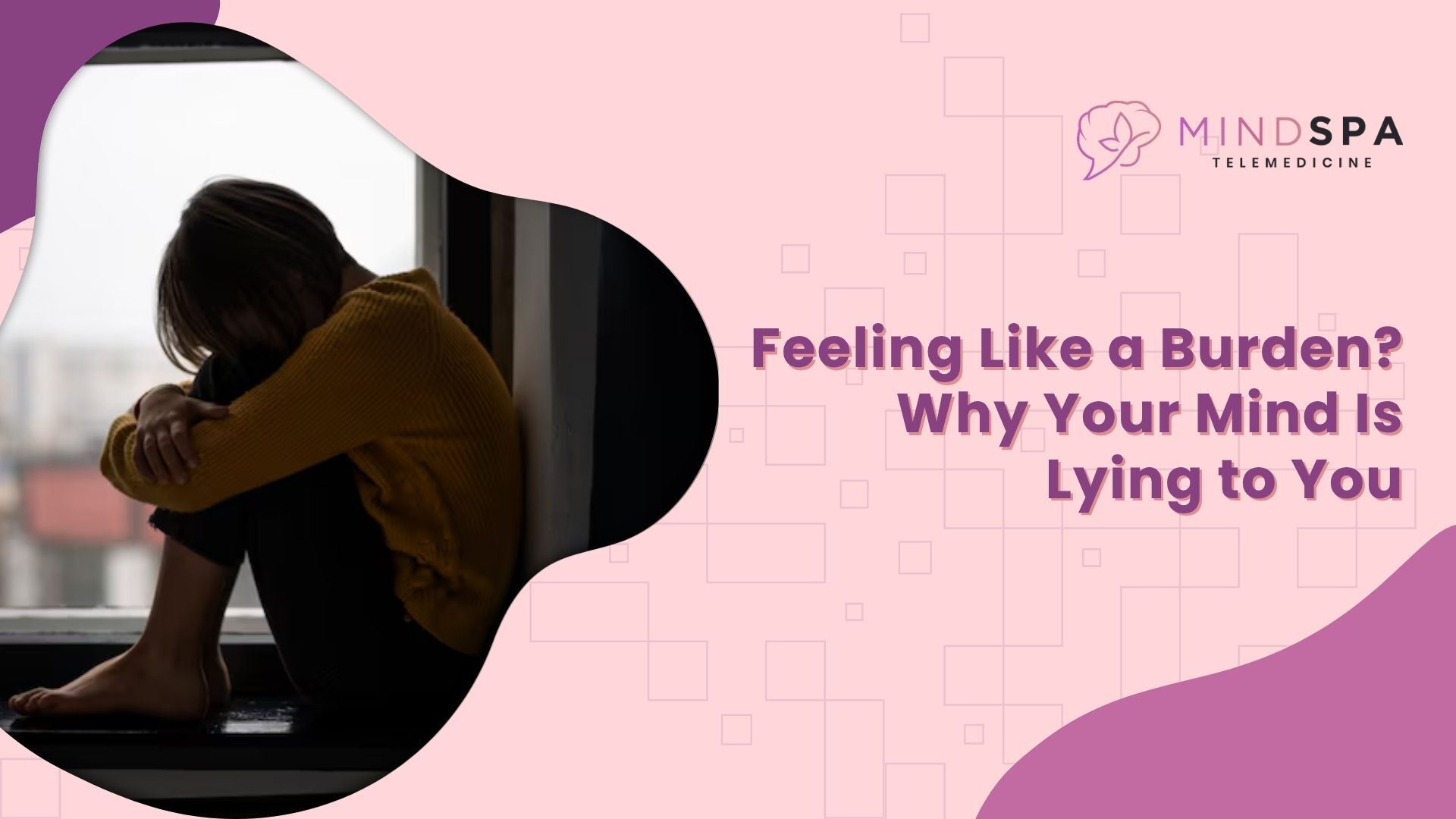Do you ever feel like you are a burden to people? You’re not alone. No wonder, many carry this heavy feeling. But the fact is – your mind is deceiving you. These thoughts are not facts. They arise from fear, shame or past hurt.
You are not a burden. You are exactly a human, you deserve care, support, and affection. Let’s see how these feelings arise and how to stop believing them.
What Does It Mean to Feel Like a Burden?
When you don’t feel useful, you think others are tired of you. You believe that your needs are too many. You fear you’re causing stress. You assume they’re dragging you down. These thoughts hurt. They can make you pull back from those who care for you.
Why Do These Thoughts Happen?
They can come from different places:
- Childhood trauma
- Rejection
- Neglect
- Low self-esteem
- Depression
- Anxiety
Maybe you were told to “tough it out.” Or maybe your feelings were ignored. Over time, you learned that needing help = being a problem.
But that’s not true.
Mental illness twists thoughts. Anxiety says, “You’re too much.” Depression whispers, “They’d be better off without you.” These thoughts feel real. But they are symptoms—not truths. Just like a fever is a symptom of the flu, these thoughts are signs of emotional pain.

Signs You’re Struggling With These Thoughts
Sometimes, the signs are quiet but heavy. These small habits reveal the pain you’re carrying inside.
- You apologize too much
- You feel guilty for asking for help
- You isolate yourself
- You feel like you don’t belong
- You worry people are annoyed by you
- You push people away before they can leave
These are warning signs. Not proof that you’re a burden—but proof that you’re hurting.

How to Deal With Feeling Like a Burden
You don’t have to believe everything your mind tells you. These steps can help you shift from self-blame to self-compassion.
1. Identify the Thought
Catch it early. When you think, “I’m too much,” stop. Ask: Is this a fact—or a fear? Write it down. Seeing it helps create space.
2. Talk to Someone You Trust
Say the words out loud: “I feel like a burden.” You might be surprised how many people relate. Let someone remind you that you matter. Connection is the cure.
3. Practice Self-Kindness
Be gentle with yourself. Speak to yourself the way you’d speak to a loved one. You’re not weak for needing support. You’re human.
4. Challenge the Story
Your mind can lie, especially when you’re hurting. Start asking gentle questions to find the truth beneath the fear. Ask:
- What proof do I have that I’m a burden?
- Would I say this to someone else in my shoes?
- Is there another way to see this?
Facts often tell a different story from fear.
5. Avoid Isolation
Even if it feels safer to hide, try not to. Reach out. Send a text. Join a group. Let people show up for you. You don’t have to carry everything alone.
6. Remember: Your Needs Are Valid
You are allowed to need help. You are allowed to take up space. You are allowed to ask. Your needs don’t make you a burden. They make you human.
7. Get Professional Support
A therapist can help you untangle these thoughts. They can guide you in learning where the feelings come from. You don’t have to fix this alone. Support helps.
Where the Feeling Often Starts
For many, it begins in childhood. Maybe you had to care for others too soon. Maybe your emotions were seen as “too much.” Or you felt ignored. You learned to hide your pain.
This turns into a belief: “My pain is a problem.”
But your pain is a part of you. And it deserves care.
Millions feel this way. But silence keeps us apart. The more we share, the more we heal. When we speak up, others do too. Community begins when we stop hiding.
Conclusion
To feel like a burden is painful, but isn’t the truth. These ideas are borne out of a wound not facts. You are not too much. Your emotions are no problem. You are loved, and needed, and worthy of care. Do not keep silent because of shame. Speak out, seek help, get help. You deserve support. You deserve to heal. And first of all, you deserve peace.
MindSpa Psychiatry & Therapy is here for you if you’re feeling overwhelmed. Our caring team provides individual support in a safe, non-judgmental place, online or in person. You don’t need to go through this alone. Make a consultation at our Boynton Beach office and make the first step to feeling better. Your healing starts with one conversation. Let’s talk.
Frequently Asked Questions
What is the root cause of feeling like a burden?
The root cause often comes from past trauma, neglect, or constant rejection. It can also stem from depression or low self-worth. Over time, you may believe your needs are a problem, even when they’re not.
What is it called when you feel like you're a burden?
It’s often linked to internalized shame or low self-esteem. In psychology, this feeling can also be a symptom of depression, anxiety, or rejection sensitivity, which causes intense fear of being unwanted or seen as too much.
What is the mental burden?
A mental burden is the emotional weight you carry. It includes stress, anxiety, guilt, or shame. It makes daily life feel harder and can impact your thinking, sleep, energy, and relationships. It builds when you feel unsupported.
Is it normal to feel like a failure?
Yes, many people feel like a failure at times. It often comes from unrealistic expectations, comparison, or setbacks. But these thoughts don’t define your worth. You can learn from them and grow. Feeling this way doesn’t make it true.
What does low self-esteem feel like?
Low self-esteem feels like constant doubt, guilt, and not feeling “good enough.” You may struggle to accept compliments, fear rejection, or feel like you don’t matter. It often leads to negative self-talk and emotional pain. But it can improve.

